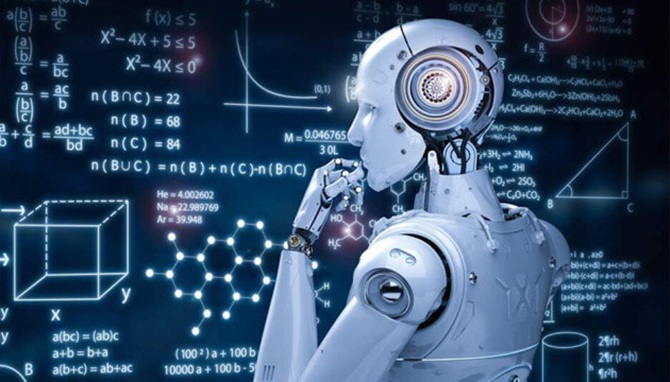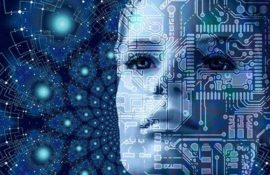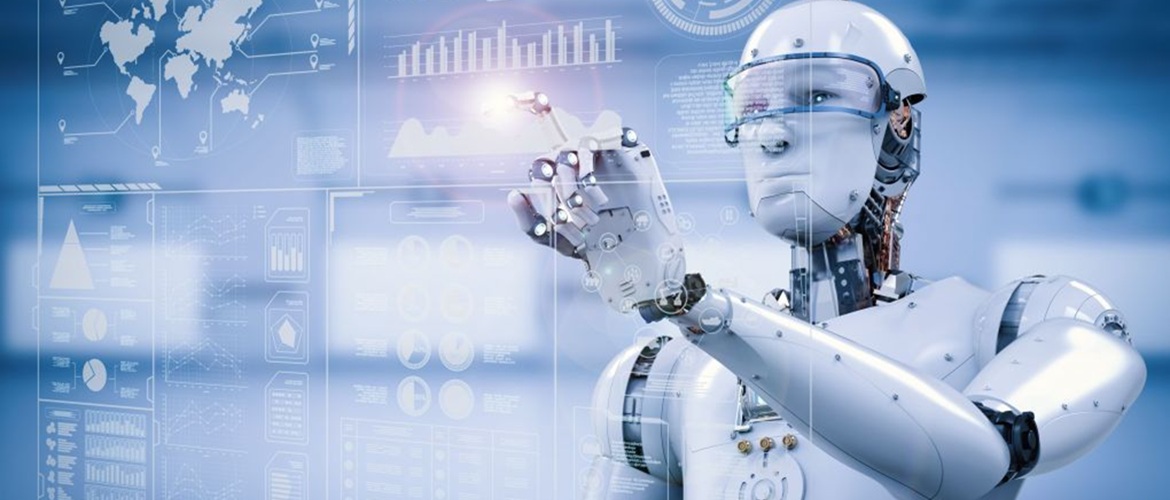Scientists have developed an innovative technology that can predict the development of diseases in humans 10 years before the first symptoms appear.
The model, called Delphi-2M, is based on artificial intelligence and can analyze medical records, determining the risk of developing over 1,200 diseases. This system works similarly to a weather forecast; for example, it can predict the risk of developing diabetes or a heart attack.
Data from the UK Biobank—the medical records of more than 400,000 people, including hospitalizations, family doctor records, and information about a person’s habits—was used to train the artificial intelligence. The model was tested on another part of this database and on data from 1.9 million patients in Denmark, and the results were highly accurate.
According to Professor Euan Birnie of the European Molecular Biology Laboratory, the model is highly effective at predicting diseases with a clear progression, including sepsis, cardiovascular disease, and type 2 diabetes. It does not predict random diseases (infections or viruses) as reliably.

Delphi-2M is not yet ready for practical use. It was created based primarily on data from people aged 40 to 70 years. Therefore, it still needs to be refined by incorporating genetic indicators, test results, and radiological examinations.
The model was developed in collaboration between the European Molecular Biology Laboratory, the German Cancer Center DKFZ, and the University of Copenhagen.
As a reminder, we previously reported on how artificial intelligence helped a couple conceive.
To be continued…







Only registered users can leave comments